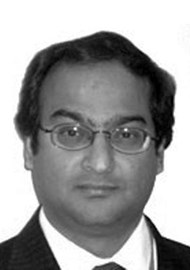Fractures of the condylar neck are fairly common and account for over 25% of all mandible fractures. Over the years a number of modalities have been used to fix these fractures. Direct reduction is complicated by the overlying proximity of the facial nerve and other vessels and indeed the parotid gland itself. Usual access to the mandible via the intraoral route is complicated with poor access and the angle can make it impossible to fix fragments. Indirect splinting using teeth has been employed, however in certain cases open reduction and fixation is necessary and the commonest fixation is plates with mono-cortical screws. Single plate applied to the posterior border can sometimes be displaced but access and / or bone or space is limited to place a second plate. Various plates have thus been designed to overcome this such as the Delta (3D plate). This is a retrospective paper from Poland. Forty-two patients from 2013-2015 with a unilateral condylar fracture treated with this Delta plate were analysed. Cosmesis, range of mandibular movement, and mouth opening were analysed among others. This useful study also looked common problem of screw loosening and this was observed in 7% (i.e. three patients). In all cases the loose screw was the one in the proximal fragment close to the fracture. It confirms that this Delta plate is easier to use than the trapezoid condyle plate (TCP) that requires the proximal screws to be placed more horizontally. The main drawbacks of this study are that the study group is a fairly small one and the postoperative follow-up time was only six months. It would be interesting to see the longer term follow-up of these patients, especially if they were subjected to further trauma. The paper is worth reading for a good discussion about condylar neck fracture treatment history and progression.




